[vc_row][vc_column][vc_column_text]
[/vc_column_text][/vc_column][/vc_row][vc_row][vc_column width="2/3"][vc_column_text]Dear Chairs Cantwell and Pallone, and Ranking Members Wicker and McMorris Rodgers,
Congress passed legislation that created the Emergency Broadband Benefit (EBB) to ensure that consumers who cannot afford broadband can get and stay connected. However, we fail to meet this goal when broadband providers force consumers to upgrade their internet plans just to get the benefit -- without giving them the opportunity to return to their previous plans once the benefit ends. We urge you to enact guardrails that prevent providers from upselling consumers in order to access the EBB and any long-term benefit they rightfully deserve and qualify for.
Within the first week of sign-ups for the Emergency Broadband Benefit, Verizon told customers on old plans they would have to switch to newer, at times more expensive, plans to obtain the benefit. When the EBB program ends, these consumers cannot return to their previous plan, causing them to spend more on internet access once the benefit ends than if they had just stayed on their old plan. It may also deter some consumers from participating in the EBB altogether. AT&T and Charter have reportedly engaged in similar behavior.
This behavior, while detestable, is legal. The Federal Communications Commission declined to mandate that providers make the benefit available for all of their offerings, not wanting to discourage provider participation in this temporary program.3 Ultimately, this policy has prevented some consumers most in need from enrolling in the program, contrary to Congressional intent.
Although Verizon has walked back its policy due to negative press, the fact that at least three providers used the EBB as an opportunity to upsell consumers shows that Congress must provide more guardrails moving forward.5 Advocates, companies, and most on Capitol Hill are looking to the initial rollout of the Emergency Broadband Benefit to learn how to improve existing and future benefit programs. Given that Congress has proposed providing an additional $6 billion for the Emergency Connectivity fund in the forthcoming infrastructure package, and is actively discussing a long-term broadband benefit, it is imperative that Congress address this. We therefore urge you to require that providers make all of their service offerings that meet minimum standards (in areas where plans with these standards are available) eligible for the EBB and any future broadband benefit. At a minimum, you should require providers to allow consumers forced to change plans to access the EBB to return to a plan that is the same price as their original plan if they no longer qualify or once the benefit ends.
Thank you for your attention to this matter. Should you have any questions, please feel free to contact me at Jenna@publicknowledge.org, or 202-559-1084.
Sincerely,
Access Now
Benton Institute for Broadband & Society
California Center for Rural Policy
Center for Rural Strategies
Consumer Reports
Massachusetts Law Reform Institute
National Digital Inclusion Alliance (NDIA)
National Hispanic Media Coalition
Next Century Cities
NTEN
Public Knowledge
South Carolina Association for Community Economic Development
SC Hispanic Leadership Council
Together for Hope [/vc_column_text]
[nd_options_spacer nd_options_height="10"]
[nd_options_spacer nd_options_height="10"]
[vc_btn title="PDF Version" style="classic" color="blue" align="left" link="url:https%3A%2F%2Fdrive.google.com%2Ffile%2Fd%2F1HsC3TB5Z70Vw-nqjhKMiwyTvEAT8qjrb%2Fview|||"][/vc_column][vc_column width="1/3"][vc_facebook][vc_tweetmeme][/vc_column][/vc_row][vc_row][vc_column][vc_column_text]
[/vc_column_text][/vc_column][/vc_row][vc_row][vc_column][vc_column_text]
[/vc_column_text][/vc_column][/vc_row]
